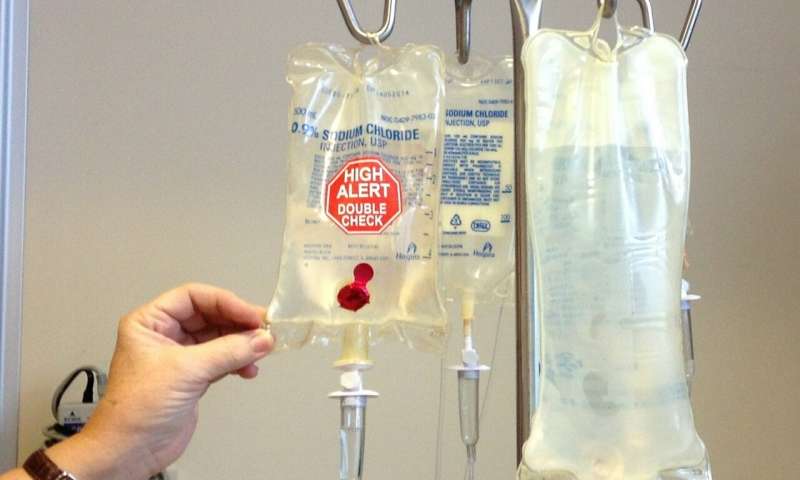
A team of researchers from the NUS Yong Loo Lin School of Medicine has identified a novel protein that would prevent the development of neuropathy in cancer patients who receive chemotherapy.
Chemotherapy is one of the most commonly recommended treatments for many forms of cancer. One major side effect, however, is peripheral neuropathy, or the damage or dysfunction of one or more nerves that typically results in numbness, tingling, muscle weakness and pain in the affected area. It frequently starts in a patient’s hands and feet, though other regions and parts of the body can also be affected.
At the moment, there is no way to prevent or treat neuropathy caused by chemotherapy drugs. The only option is to limit or discontinue the chemotherapy treatment. As a result, many patients are not able to tolerate chemotherapy well.
In a recent study published by the Journal of Biological Chemistry, a team of researchers jointly led by Assistant Professor Raymond Deron Herr and Assistant Professor Raghav Sundar from the NUS Yong Loo Lin School of Medicine set out to examine whether S1P2, a receptor protein that resides on the surface of cells in the nervous system, is a potential target in the treatment of chemotherapy-induced neuropathy.
The team first looked at the effects of platinum-based chemotherapy drugs, such as cisplatin, on the regulation of S1P2 and found that chemotherapy alters S1P2 activity. The team further demonstrated that the activation of S1P2 with a drug-like compound, can protect the nerve cells from damage and pain. This is in contrast to the accumulation of free radicals in nerves, leading to nerve degeneration when the receptor is removed. The team concluded that it is possible to block both the nerve injury and the pain when S1P2 is activated with a drug while administering cisplatin.
There are three major classes of drugs that cause neuropathy: platinum compounds (cisplatin and oxaliplatin), taxanes (paclitaxel), and a targeted medication known as bortezomib.
“While the study focused on the effects of cisplatin, based on what we know about the molecular processes, it is likely that an S1P2 drug will work in all cases of chemotherapy-induced neuropathy. Furthermore, it is possible that such a drug could treat many other forms of neuropathy, such as those caused by nerve injury, autoimmune disease, or diabetes,” said Dr. Herr.
Source: Read Full Article
